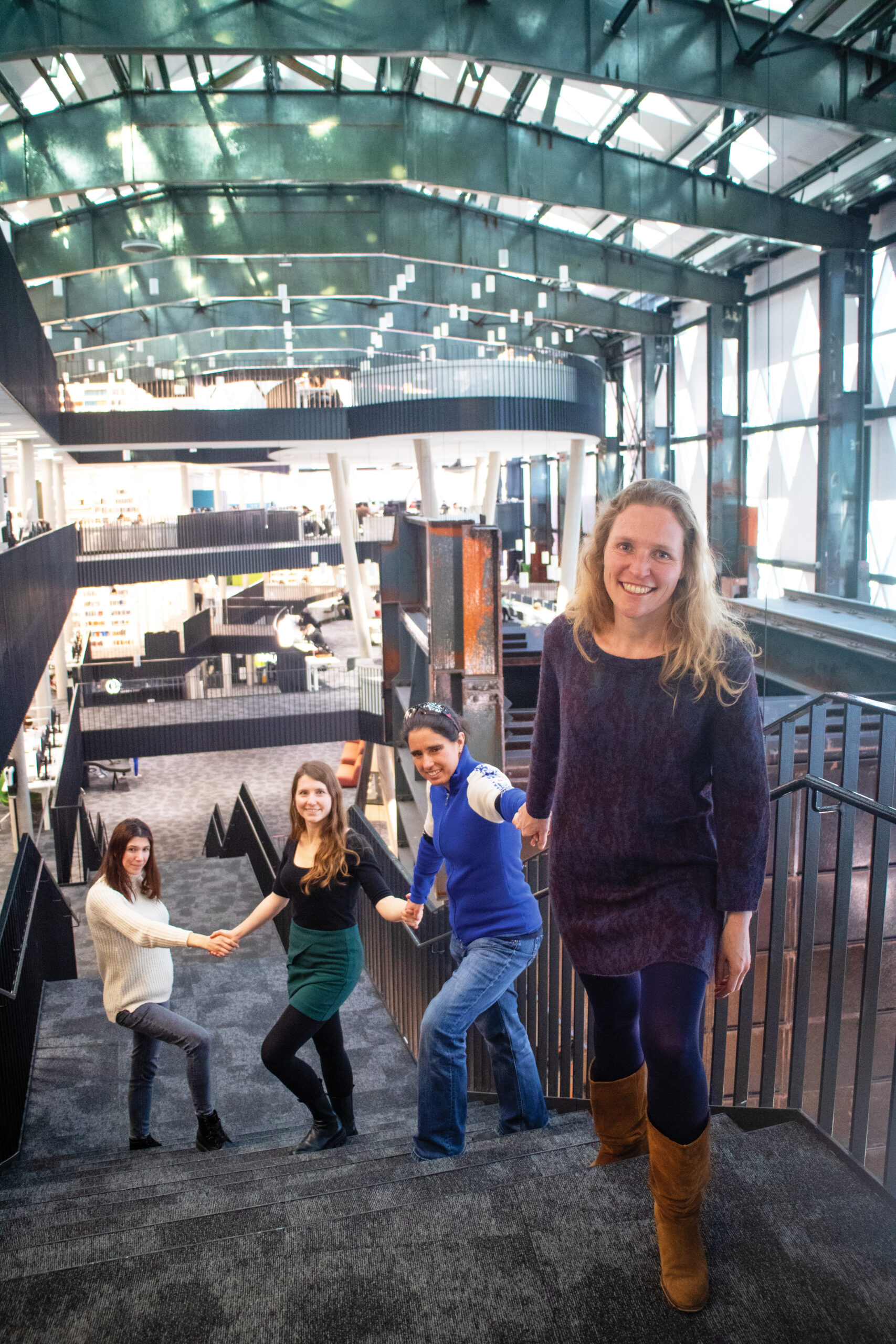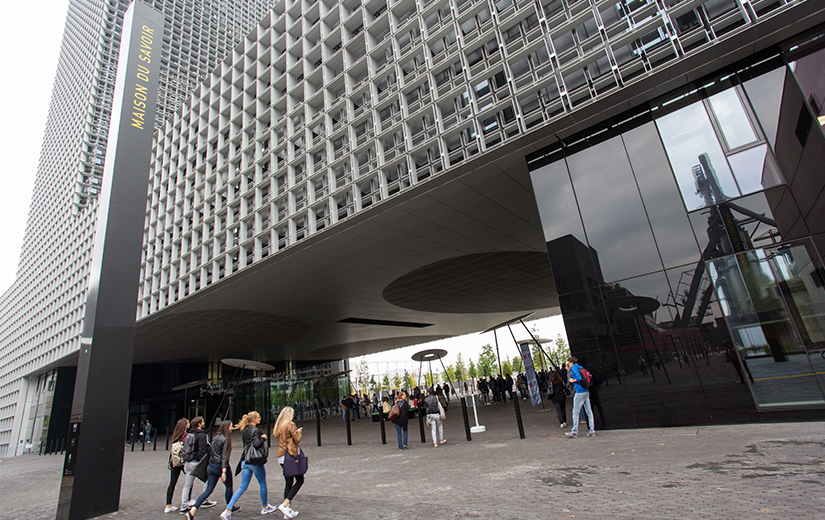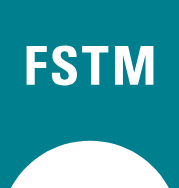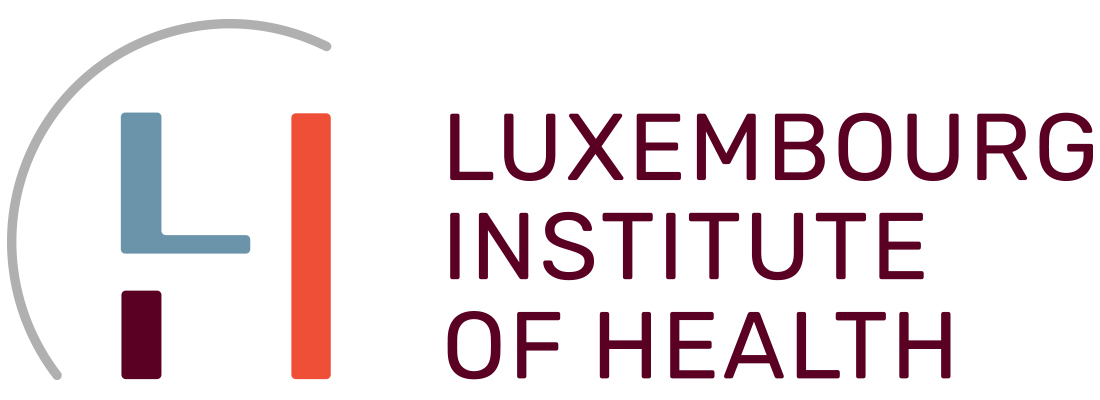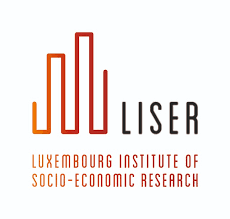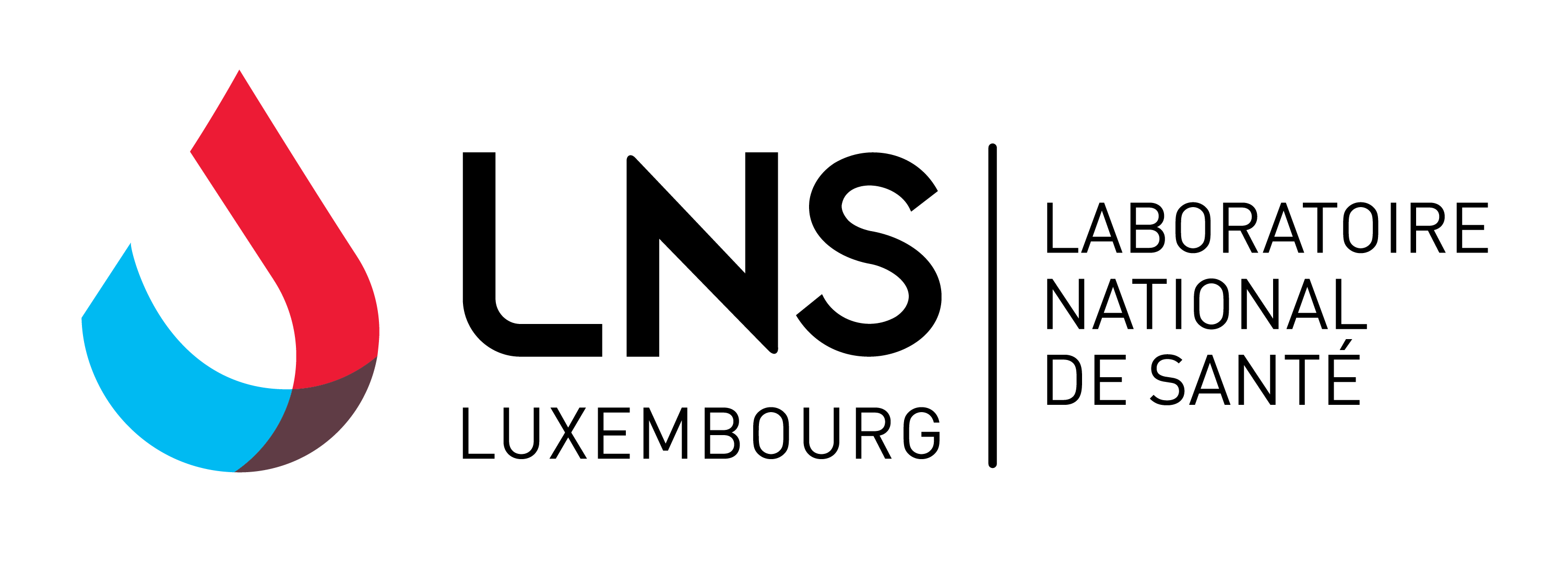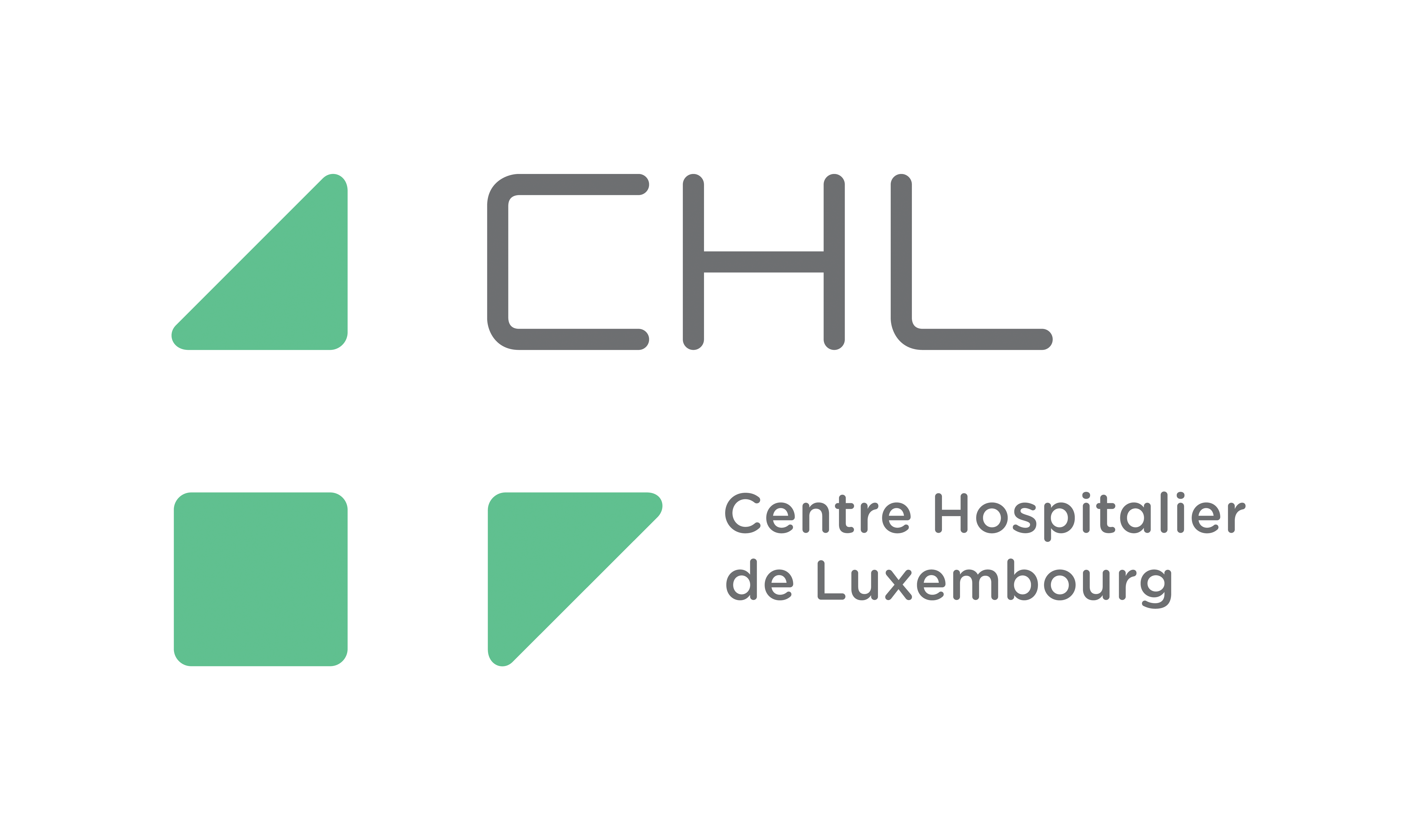Bioinformatics and data science education
‟
Data science is a hybrid field that relies on computer science, statistics and analytical science. By now, it is at the core of the scientific process. The students from the Master in Data Science will strengthen Luxembourg’s workforce in general and some will contribute to biomedical research.
Research scientist and lecturer
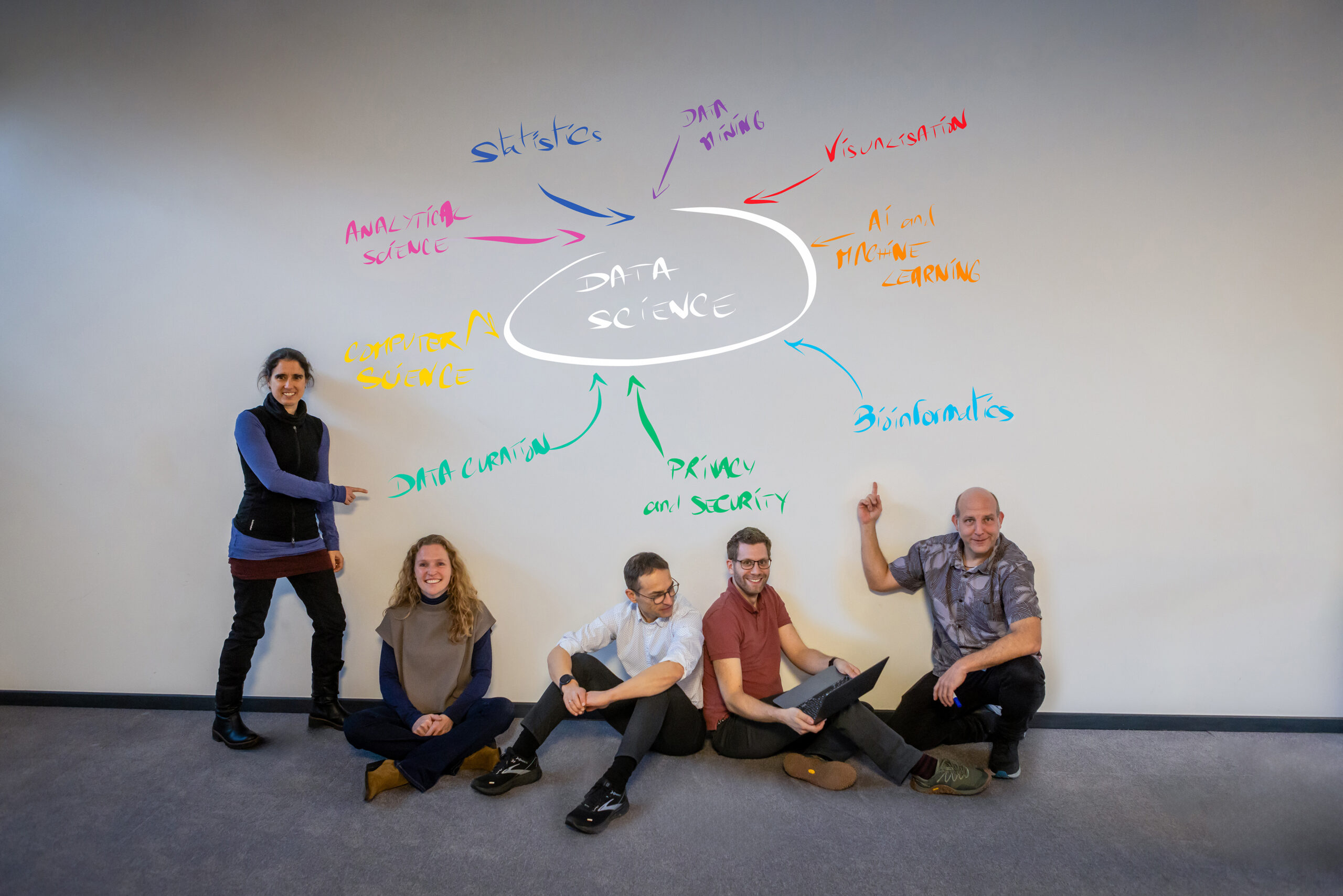
Doctoral education
The LCSB is very much involved in training the next generation of scientists, with more than 60 PhD students working on scientific projects and learning how to become fully fledged researchers.
Funded by the Luxembourg National Research Fund (FNR), the Doctoral Training Units (DTUs) promote interdisciplinary education and collaboration between research institutions. The PhD students receive high-quality training that goes beyond traditional doctoral supervision.
LCSB experts in the field of science communication teach courses part of the Doctoral Education in Science Communication (DESCOM) programme, bringing their extensive expertise and cutting-edge research into the classroom.
The LCSB’s involvement in DTUs
The LCSB is currently involved in several DTUs:
Building on the previous MICROH DTU, the vision for MICRO-PATH is to understand the causal and mechanistic links between the microbiome and chronic diseases and to lay the foundation for establishing the microbiome as a therapeutic and preventative target in the future.
Duration: 2025-2031
Partners:
Funding source: Fonds National de la Recherche (FNR)
AIPD trains the next generation of leaders in precision medicine, equipping them to develop innovative AI strategies for healthcare, with a focus on Parkinson’s disease. By advancing AI methods for this rapidly growing neurological disorder, the DTU aims to create precise tools for predicting disease progression and supporting personalised treatment. Through their research, students contribute to shaping more effective and tailored patient care.
Duration: 2025 –
Partners:
- Centre Hospitalier de Luxembourg (CHL) (Luxembourg)
- Erasmus Universitair Medisch Centrum Rotterdam (The Netherlands)
- Fraunhofer SCAI (Germany) – coordinator
- GE Healthcare
- IESE Business School (Spain)
- Ki:elements (Germany)
- Novo Nordisk (Denmark)
- Luxembourg Centre for Systems Biomedicine (LCSB)/University of Luxembourg (Luxembourg)
- Luxembourg Institute of Health (Luxembourg)
- Paris Brain Institute (France)
- Petanux (Germany)
- Royal College of Surgeons in Ireland (RCSI) (Ireland)
- Université de Namur (Belgium)
- Università di Pisa (Italy)
- University of Bonn (Germany)
Funding source: Marie Skłodowska-Curie Actions (MSCA)
The Xpose DTU will train the next generation of exposome scientists and extend our understanding of the relationship between the exposome and the associated biological processes leading to diseases. The main objective is to develop novel methodologies for a holistic analysis of the impact of environmental, chemical, nutritional, social, and lifestyle-related exposures on health. Taking advantage of new technological developments, such as digital health solutions, Big Data and AI, Xpose will put a particular focus on modifiable factors that can influence exposure and its effects on individuals’ health. The knowledge gained will translate into designing exposome-based prevention and treatment interventions, i.e. for policymakers, clinicians but also individuals, making human lives healthier and more resilient.
Duration: 2024 – 2031
Partners:
Funding source: Fonds National de la Recherche (FNR), Luxembourg Institute of Health (LIH), Luxembourg Institute of Socio-Economic Research (LISER), University of Luxembourg
The DTU ACTIVE aims at training PhD students in the emerging field of active systems. This field is rapidly growing in importance and has enormous implications for the understanding of living systems, which represent by the most complex class of active systems. A particular focus is placed on the multiscale organisation of primary metabolism as the essential mechanism to keep living systems out of equilibrium. The links between intramolecular energy transfers, enzyme activity and nutrient exchanges are analysed from the perspective of active interactions at the molecular, cellular and population level. The integration of these complementary approaches lays out more general strategies to study active interactions in mesoscopic systems and provides new insights into the nonequilibrium organisation of life.
Duration: 2020 – 2027
Partners:
Funding source: Fonds National de la Recherche (FNR)
Inflammation represents a common hallmark shared across different non-communicable diseases (NCD) such as auto-immune disease, cancer and neurodegeneration. In Luxembourg, a considerable translational research expertise has been built up based on aberrant immune mechanisms bridging between these disease domains. i2TRON will leverage on this fundamental and clinical research expertise to train next generation translational scientists with the aim to advance our mechanistic insight on selected prototypic NCDs. Such insights will lead to discoveries of new biomarkers and therapeutic targets of NCDs, and facilitate translation into novel treatment strategies.
Duration: 2021 – 2027
Partners:
External partners: University of Southern Denmark
Funding source: Fonds National de la Recherche (FNR)
The NextImmune2 DTU takes advantage of the network and expertise generated by the first NextImmune DTU, built on the path leading from big data to personalised medicine and focuses on open questions in the immunology field. Educating PhD candidates in classical analytical approaches and bioinformatics is still the main need in biomedical research.
This programme investigates different human diseases and disease models to study immune-metabolic crosstalk and understand how communication networks orchestrate and coordinate responses to environmental cues or immunological challenges.
Duration: 2023 – 2029
Partners:
Funding source: Fonds National de la Recherche (FNR), Luxembourg Ministry of Higher Education and Research
Mentoring young researchers
‟
These discussions gave me the opportunity to explore different career options. I now have some insights into what it means to be a team leader in academia, but also to work in other positions. As a result, I have a much clearer picture of what I would like to do next.
post-doctoral researcher and mentee
